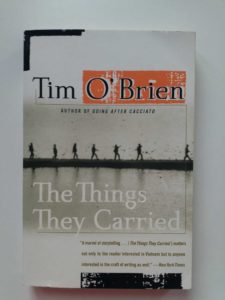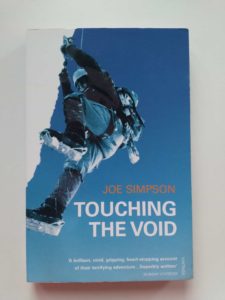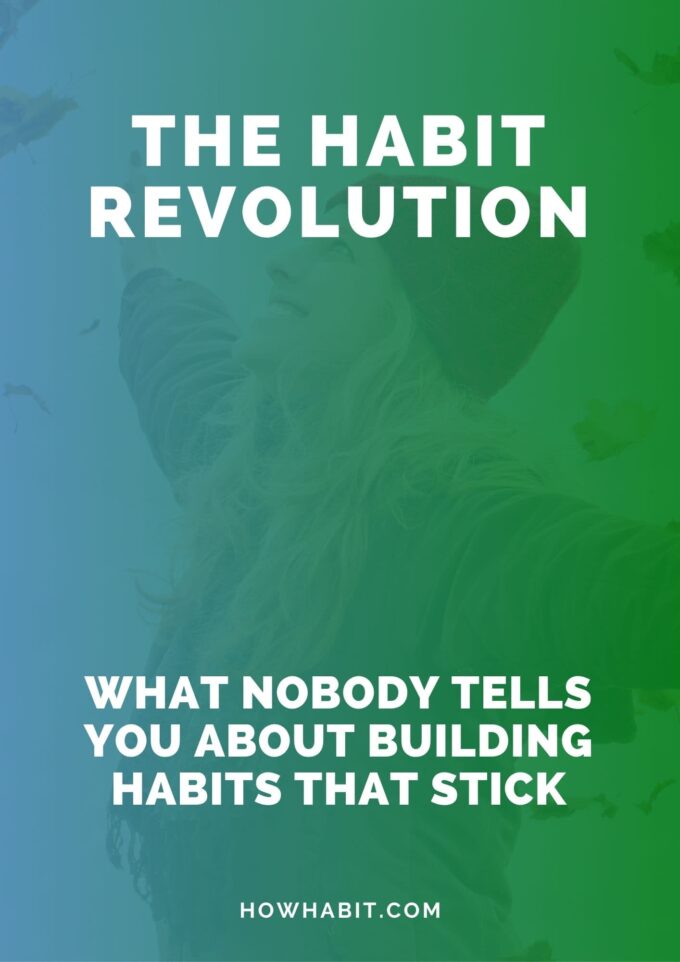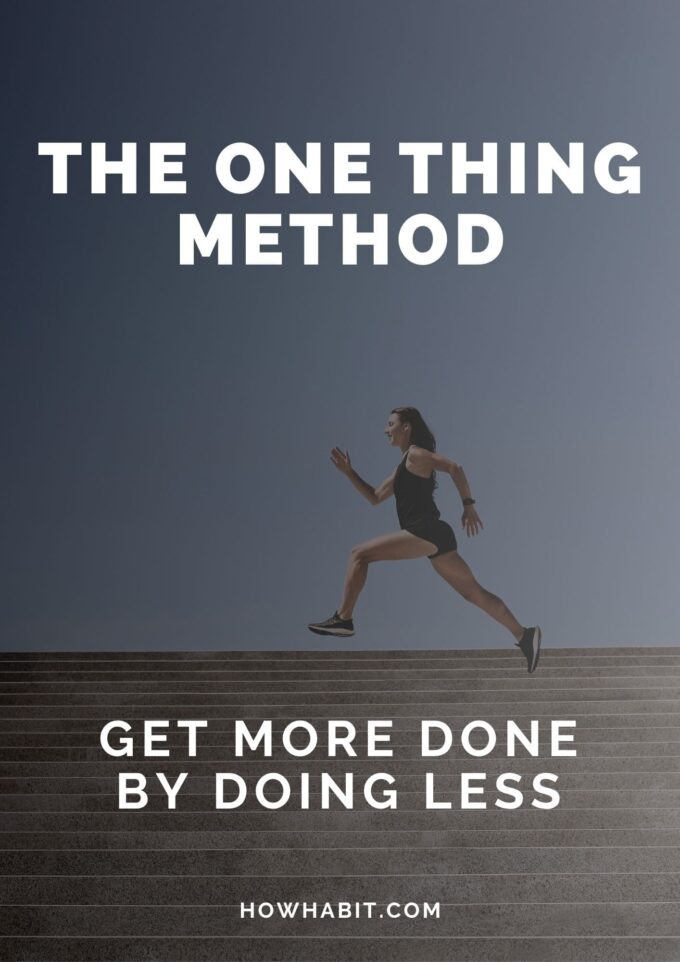Do you wish you could read more books, but life keeps getting in the way?
Well, you’re not alone.
Many of us struggle to fit reading into our busy schedules.
But I’m here to help you out!
Together, we’ll explore how to read more books, when to give up on a book that’s just not clicking, and how to become a super-speedy reader.
Not only that, but I’ve got a bonus for you: my personal list of sixteen easy-to-follow tips that will help you start reading more today. As a cherry on top, I’ll share five of my favorite books and why you should try them.
Table of Contents Read More
- The benefits of Reading: Why Read More Books?
- What should you read?
- How to read more books?
- How to read books fast?
- When should you quit a book you don’t like?
- Five of my favorite books
Are you ready to jumpstart your reading journey?
Let’s get started!
The benefits of Reading: Why Read More Books?
Reading books is a delightful pastime; that should be reason enough to cozy up with a good story.
However, if you’re looking for extra motivation to pick up a book, you’re in the right place!
Reading has numerous benefits that go beyond simple enjoyment:
- Discover new ideas. Reading introduces fresh perspectives and groundbreaking concepts, inspiring creative thinking and personal growth.
- Sharpen your writing skills. As you read, you’re exposed to different styles and techniques, which can help improve your writing abilities.
- Boost your brainpower. Studies have shown that reading improves mental health and cognitive function. Check out this article for more information.
- Upgrade your vocabulary and conversation game. Reading increases your word bank and knowledge on various topics, making you a better conversationalist.
- Expand your worldview. Books can teach us about different cultures, values, and experiences. For instance, further down, the third book I recommend will open your eyes to a whole new perspective!
- Test the limits of your imagination. Great stories transport us to other worlds and help us think about possibilities we may have never considered otherwise.
- Live a longer, happier life. According to research, reading can even influence your longevity! Take a look at this study.
As Ralph Waldo Emerson once said, “I cannot remember the books I’ve read any more than the meals I have eaten; even so, they have made me.” So grab a book and let it nourish your mind and soul.
Read more: How to change your habits.
What should you read?
Read what you like.
Do you like comics? Then read comics!
Some people might argue that comics are not books. But who cares?
Just start reading.
You don’t earn any extra points if you read a challenging book.
Read what interests you and challenge yourself from time to time.
When in doubt, you can always use a search engine, search “the 100 best books of all time”, and choose a book from a list that sparks your interest.
Or scroll to the end of this article to see five of my favorite books.
“A great book should leave you with many experiences, and slightly exhausted at the end. You live several lives while reading.” – William Styron
Read more: How to change your life?
How to read more books?
I don’t read 100 books a year like some people, but I read two books a month or almost one book every two weeks.
My number one tip: Decide to read more. That’s it.
You will read more if you decide to read more and follow through.
Here are 16 simple tips to quickly read more:
- Take a book with you everywhere you go.
- Read books that you want to read. You might have twenty books at home that you would like to have read, but they don’t spark joy. Instead, get a book that you genuinely want to read. In essence, choose more interesting books.
- Start with a small or short book.
- Or start with a book that’s pleasing to the eye because it has plenty of white space and a large font.
- Find a book club or a reading buddy.
- Make time in your calendar to read. Schedule it.
- Alternate between difficult and light books or between books that interest you and those that don’t.
- Make it a habit to read at the same time each day.
- Read at least one page a day. One is more than zero, and the prerequisite to reading 10, 50, or even 100 pages a day. Learn more here: How to change your habits!
- Reread old books. If you get bored, you can skip ahead.
- Read in the morning and evening.
- Read when you’re traveling.
- Read while you’re waiting.
- Take everything interesting off your phone. For most people, the phone is the biggest obstacle to reading more. Just check your weekly phone screen time.
- Put nice rituals around your reading that make your reading more enjoyable, like drinking a coffee or tea.
- Start by setting a goal to read the first 30 pages of a book. From there, it’s easier to finish because you are already hooked.
- Do closing pushes. If you only have 60 or 100 pages left, make the time to read it all in one go so you can start with the next book.
- Basically, read more by reading as often as possible.
- Enjoy and love what you read.
Since you are already reading this article, you might as well get off the internet and read a book now! No distractions, just books! Willpower! Let’s go!
“To see that 100 hours of reading is around 8 books is crazy because I spend around 2000 hours a year on YouTube(not kidding).” – An anonymous HowHabit reader.
Read more: Develop focus and increase your concentration.
How to read books fast?
You can find many speed reading tips on the internet, but the best still remains:
- Rip out half of the pages.
- Eat the remaining book.
- You’ve ingested the material at a far faster rate.
That’s it. You don’t need other speed reading tips.
As you can see, I don’t believe in speed reading advice other than: If you read a lot, you will become a faster reader automatically.
“Some books are to be tasted, others to be swallowed, and some few to be chewed and digested; that is, some books are to be read only in parts; others to be read, but not curiously; and some few to be read wholly, and with diligence and attention.” – Francis Bacon
Read more: How to be more productive.
When should you quit a book you don’t like?
Do you have a hard time quitting books you don’t like?
Do you need to finish every book you once started?
I used to be like that. Until I realized that I only have a finite amount of time on this planet and won’t get to read every book I want. I might be lucky to read another 1200 books in my lifetime (24 books multiplied by 50 years). That sounds like a lot, but it isn’t.
After that calculation, I decided not to finish books that I don’t like.
Because time spent on a book you don’t like takes time away from a book that truly moves you.
Three rules to quit books:
- Unless in school or work: Read for pleasure; you don’t owe it to anyone to finish a book you don’t enjoy.
- Give a book 10% of its pages to capture your interest; if it can’t, go on to the next.
- Or use the ‘100 minus your age’ rule. Give a book 100 minus your age in pages before giving up on it. So if you’re 17, you read 83 pages. If you are 73, you only read 27 pages.
In the typical case of sunk cost fallacy, you want to finish something you invested in (money, time, health) even though it doesn’t benefit you.
But there is no point wasting time on something you don’t enjoy.
So, quit books if you don’t enjoy them.
The quality of your life is determined by the quality of your thinking, and the quality of your thinking is determined by the quality of what you read.
Read more: How to declutter your life.
Five of my favorite books
Here are five of my favorite books and why I like them.
Not the five books I love the most, but five books I recommend if you don’t know what to read next.
Some might change your worldview.
1. The Things They Carried

The Things They Carried by Tim O’Brien is a collection of 21 short stories about American soldiers fighting in the Vietnam War.
Why I recommend it: The book shows the horrors of war and that you can’t win. I like the notion that it doesn’t matter which short stories are true, but that they could have happened. There is no distinction between “story truth” and “happening truth.” It’s the emotion evoked by the story that matters. It’s a work of fiction, but written in a way that seems like nonfiction.
2. Touching The Void

Touching the Void by Joe Simpson recounts his and Simon Yates’ successful but disastrous climb of the 6,344-metre Siula Grande in the Peruvian Andes in 1985.
Why I recommend it: It shows what you can achieve if you have a strong will to survive. But it also shows that sometimes it’s better to stay at home than to do dangerous activities, as the book is partly responsible for me almost going missing in the Albanian mountains in the summer of 2015.
Note: Overconfidence in your abilities is good for fantastic stories but bad for long-term survival.
3. Factfulness

Factfulness by Swedish statistician Hans Rosling was published in 2018. In the book, Rosling suggests that most people are wrong about the state of our world.
Why I recommend it: If you want to change your worldview from pessimistic to optimistic, read this book! It’s no coincidence that the subtitle is: Ten Reasons We’re Wrong About the World – and Why Things Are Better Than You Think.
4. Brave New World
Brave New World is a novel by Aldous Huxley published in 1932, about a dystopian future set in the futuristic World State.
Why I recommend it: People are afraid of a dystopian future, as in George Orwell’s book 1984, but Brave New World’s dystopian future might have a higher chance of becoming real.
Huxley once wrote to Orwell:
“Within the next generation I believe that the world’s rulers will discover that infant conditioning and narco-hypnosis are more efficient, as instruments of government, than clubs and prisons, and that the lust for power can be just as completely satisfied by suggesting people into loving their servitude as by flogging and kicking them into obedience.”
In the end, getting what you want might not always be what you need.
5. Jane Eyre
Jane Eyre is a novel by English writer Charlotte Brontë, published in 1847, which follows its protagonist’s experiences from childhood to marriage.
Why I recommend it: Get a glimpse of how language evolves. For example, it’s fascinating how the word gay is used compared to how it’s used today.
That’s it.
Remember: One page a day keeps the doctor away.
What’s your favorite book?










